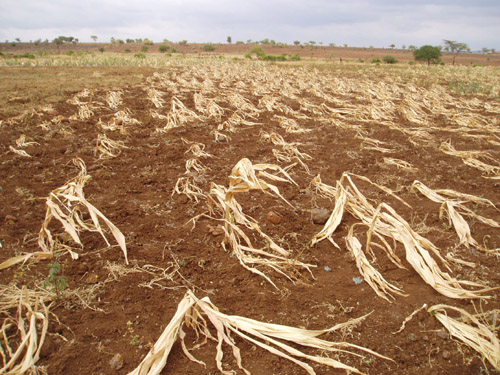I've been crossing a lot of things off my wedding list this week and the decisions have been tough. I mean look at how much difficulty this man is having deciding which glassware to choose. (He's not really picking anything out, I made him pose for the photo)
Don't get me wrong, Jake's been very helpful for some of the items on the list. But for other things, like me showing him different plain white dinnerware sets, he says "I like them" for every single one. I'm not finished with any registries yet, so I won't share until I am. I've been adding and deleting tons of stuff, I can't make up my mind. Plus we don't even have half of it done.
Monday we had school off and I volunteered to help judge FCCLA district STAR events. Those events are speeches and presentations that talk about a community service project, recycling, or other issues in students' school systems. I judged an event planning category where the winning students planned their school prom. I also judged the Recycling and Reusing category where the winner busted up tons of glass bottles and made a giant peacock mosaic. Another student in that category made a stool from an old cream can and a tractor tire. I was also supposed to judge fashion design, which I was really excited about, but all the entrants in that category ended up dropping.
I haven't had any tests yet, I'm not sure if I have any tests this semester anyway (besides Genetics.) Jake on the other hand has been busy this week with two tests, plus his GMAT that he's taking on Saturday. Now that he's working and going to school, he's gone from 8 am - 5:30 p.m. and 6 pm most days. What a grown-up life he leads! I, on the other hand, only have two classes Tuesdays and Thursdays and one class Mondays and Wednesdays (but I'm done by 9:30 these days). Wednesday evenings I have a night class and everything else is online. I do stay busy during my off times with outside readings and MCAT preparation, but I feel like since I don't leave home most days that I'm lazy or something!
Last evening in my farming class (it's really called Global Issues with Food Production), we learned about how small-scale farming systems feed their communities. In many cases they have dry land that is susceptible to much erosion during the rainy season, but they find many methods to get around this. While 2% of the population are farmers in the U.S., they provide food for everyone else. Two hundred years ago 90% of the U.S. had to farm.
While many efforts have been made to improve the farming techniques of people around the world, few have been successful because of the ever-changing environments in these locations. It would be ignorant to say that they should use our methods of farming, when the land is so different in each location. There's little money for pesticides (which could run off in their water which they have to drink) or genetically modified crops that could increase their yields. Plus, much land is very arid, and it is hard to combat that problem without more research in each individual area. These farmers in this environment have to take care of their community, and most find ways. For example, the push-pull method used in Ethiopia uses a bordering plant that "pulls" pests away from the crop; and they use plants in-between their crops to "push" the pests toward the border and away from the crop.
Dry farmland in Kenya
Compared to the land that we are used to seeing and technology that we are lucky to have:
Although with advanced farming techniques and technology, the environment is bound to be harmed through gas emissions and whatnot, we are lucky that we can be fed without having to work in the field all day and all night bent over pulling weeds and digging trenches to capture the water to irrigate the crops.
Hope you enjoyed that snippet, have a great day!






No comments :
Post a Comment